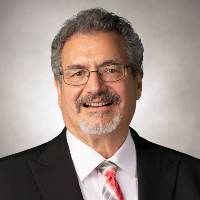Hinsdale RICO Act Lawyer, Illinois
Sponsored Law Firm
-
 x
x

Click For More Info:
-
LaPapa Law Group
10704 S Western Ave Chicago, IL 60643» view mapAccident & Injury Law, Criminal Defense Changing Lives One Case At A Time
At LaPapa Law Group, we understand that life doesn’t always go as planned. We have the knowledge and experience needed to competently represent you in court.
800-694-2681
Not enough matches for Hinsdale RICO Act lawyer.
Below are all Hinsdale Criminal lawyers.
Naveed S. Husain
Attorney Naveed Husain is the managing partner of Farooqi & Husain, LLC. He concentrates on the areas of family law, estate planning, and business fo... (more)
Faraz Nayyar
CALL 24/7 FOR A FREE CONSULTATION!
Omar Farooq Khan
Attorney Omar F. Khan received his Juris Doctorate from The Ohio State University – Moritz College of Law and is admitted to practice in Illinois an... (more)
Steven H. Mevorah
✓ VERIFIEDSteven H. Mevorah is the founder of Mevorah & Giglio Law Offices and began his practice in 1979. Mr. Mevorah brings significant experience to bear in ... (more)
Vincent C. Machroli
✓ VERIFIEDOVER 30 YEARS OF EXPERIENCE IN FAMILY LAW, ESTATE PLANNING, REAL ESTATE, AND BANKRUPTCY LAW At the Law Office of Vincent C. Machroli, P.C., we are ... (more)
FREE CONSULTATION
CONTACTFREE CONSULTATION
CONTACT Gregory R. LaPapa Chicago, IL
Gregory R. LaPapa Chicago, IL Practice AreasExpertise
Practice AreasExpertise





